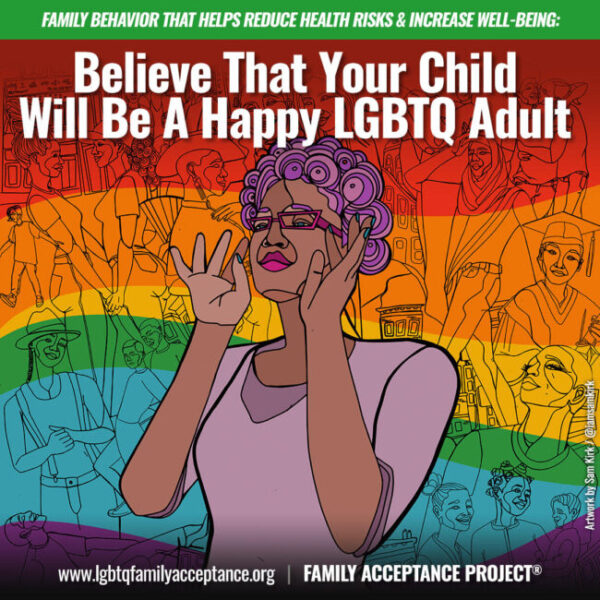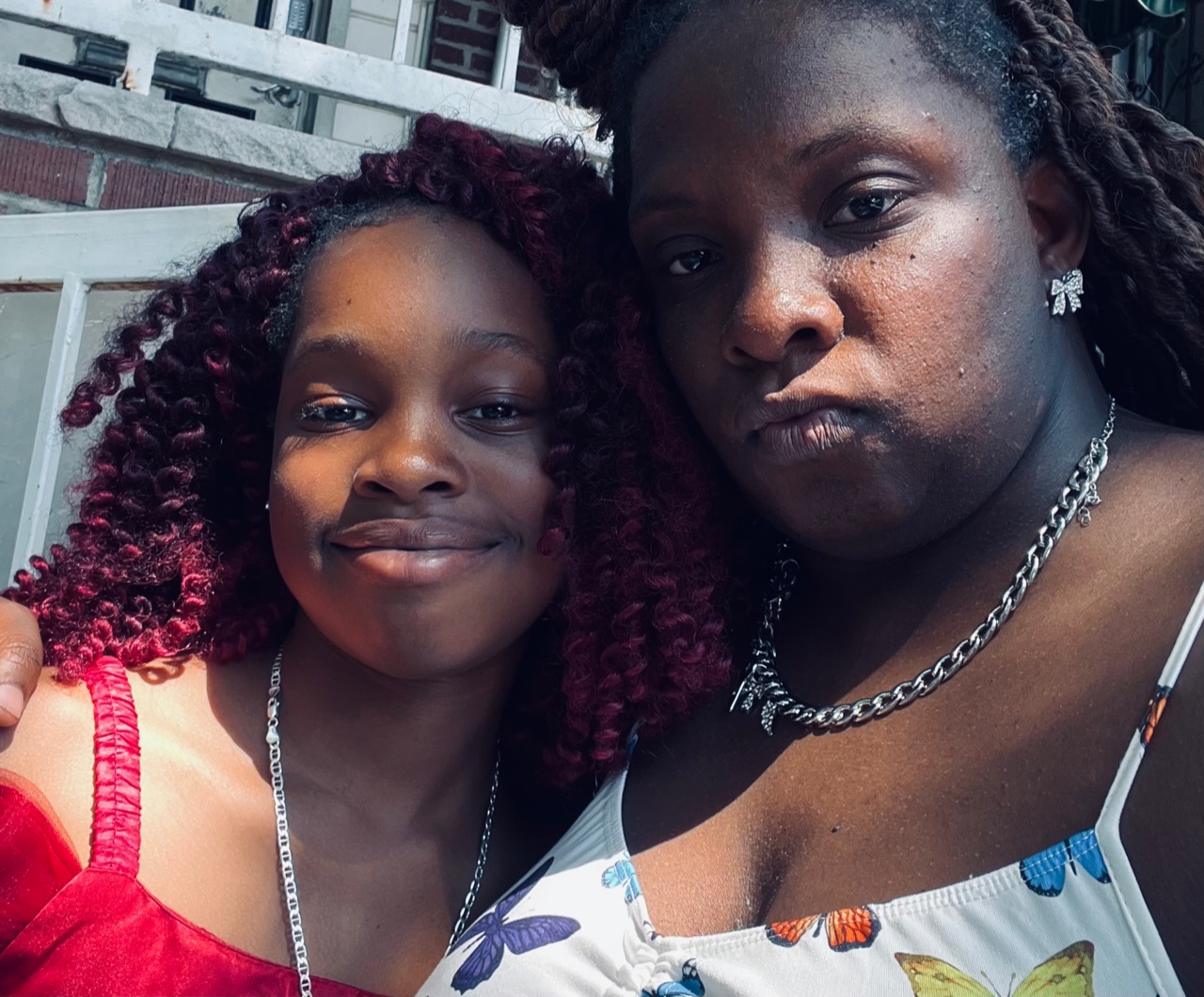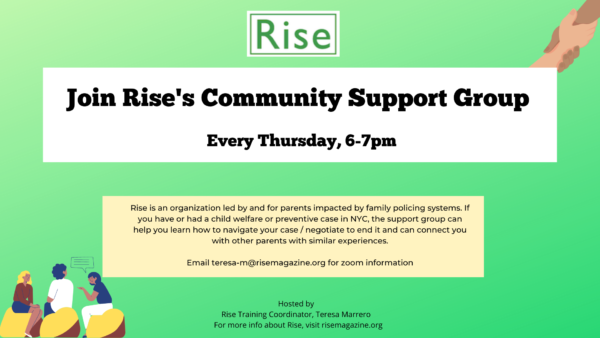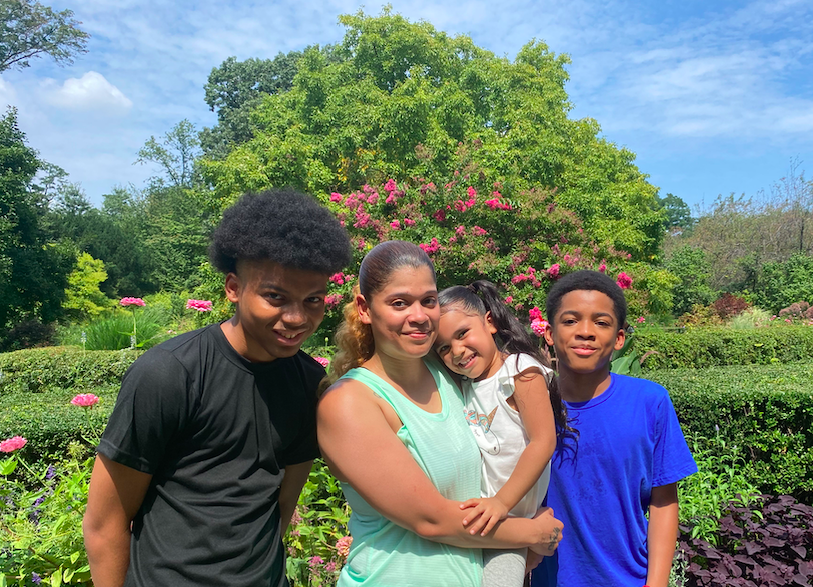Parents need resources to support LGBTQ children and youth in being affirmed, safe and celebrated in their homes, schools and communities. In our report, An Unavoidable System, Rise recommends expanding access to community-based programs that center the needs of families with LGBTQ children—without family policing system involvement.
Here, Rise talks with Caitlin Ryan, Director of the Family Acceptance Project based in San Francisco, California and Angela Weeks, Director of the National SOGIE Center at University of Maryland School of Social Work’s Institute for Innovation and Implementation. They discuss their new national website, the need to center parents and families in caring for LGBTQ youth, the impact of family accepting and rejecting behaviors on LGBTQ youth, examples of affirming behaviors by parents and how community-led resources can prevent family policing system involvement.




